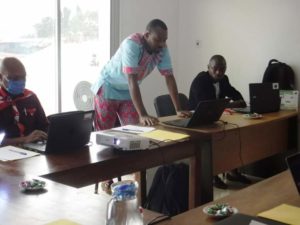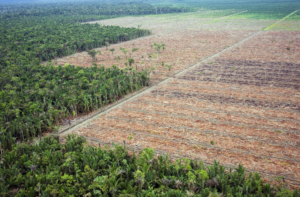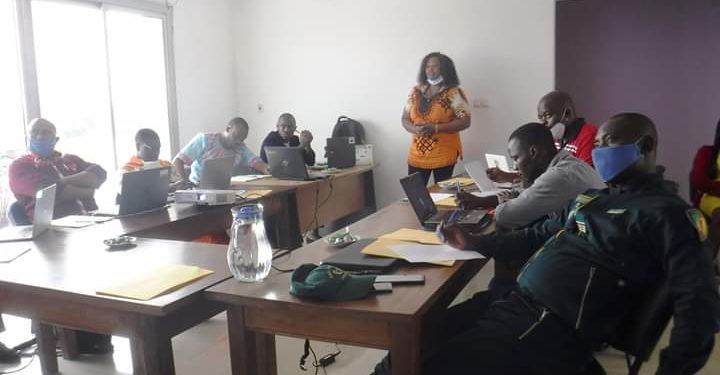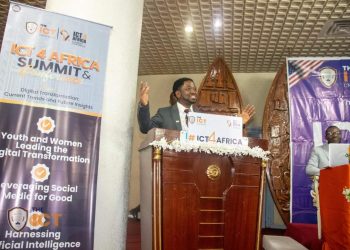The Green Development Advocates, GDA, a local civil society has called on the Cameroon government to limit forest conversion while evaluating its impacts to the coronavirus pandemic.
The call was made during a workshop launched in Yaounde, May 22, under the theme, “Emerging Pandemics and Forest Conversion in Cameroon: what stake?”
The occasion was equally celebrated as part of the activities marking the commemoration of the International Day for Biodiversity, under the theme, “our solutions are in nature.”
This year’s biodiversity day celebration comes to highlight the importance of nature as a source of global upheavals as well as the crucial role played by nature in addressing climate change, food security and health.
According to Aristide Chacgom, coordinator of the workshop, the main objective is to raise awareness on forest conversion and its consequences in Cameroon and in the world at large. This is because, the organisation has noticed negligence on the part of the government with respect to the forestry sector.

However, he pointed out that, the world has been facing great health crisis since December 2019, due to the appearance of a new coronavirus. Thus, the scientific community believe that it is being transmitted from animals to humans.
He added that, long ago before the arrival of COVID-19, countries in Africa and around the world faced the Ebola virus, still transmitted to humans by animals. According to him, these emerging diseases belong to the group of zoonoses, which are infections in which pathogens are transmitted from animals to humans.
“Given that, forests today are gradually converted for other purposes and by so doing, we reduce the space of natural life and this reduction facilitates the contact between man and wildlife. We all know that 70% of diseases are transmitted from animal to man. That’s why we believe that this day is the best moment to reflect on the kind of relationship man has with nature” Aristide Chacgom explained.
He therefore raised awareness on the fact that, forest conversion is one of the causes of the emergence of such diseases and predicts new forms of diseases if nothing is done. “We shall see other new diseases in the future if nothing is done.”
As a result of the short-sightedness of human activities, infrastructural development however degrades the ecosystems which eventually will lead to future pandemics.
Besides, the loss of forestry zones has equally recorded socio-environmental consequences such as the loss of biodiversity, climate change, loss of habitat and traditional pharmacopoeia, even though 80 percent of the population rely on traditional medication.
Going by the Programme Coordinator for GDA, in order for their initiative to be effective, there is need to implicate the government.

“What we do as civil society workers, is to appeal on the attention of leaders because the Cameroon government is already engaged in the international scene as she decided to place 30% of her national territory for forestry space. Given that today is the International Day for Biodiversity, under the theme, “our solutions are in nature,” we believe that the solution will come from nature,” he highlighted.
Therefore, the contribution of nature in the struggle to contain the deadly virus has been highly acclaimed by environmentalists, while they emphasised on the importance of working in collaboration at all levels thereby increasing the resilience of nations and their communities to mitigate the impacts of the pandemic on the population.
By Annie Babelle Odounlami & Fabiola Kemegni








